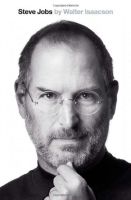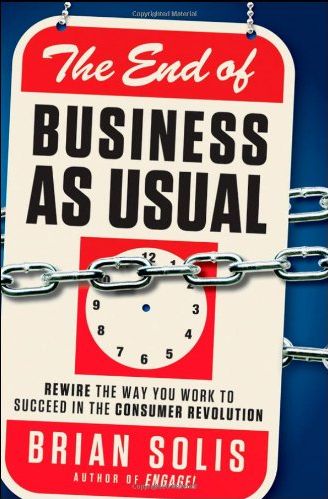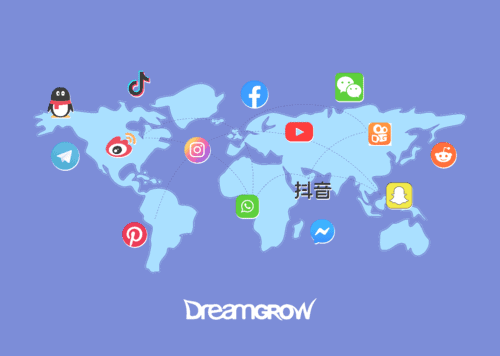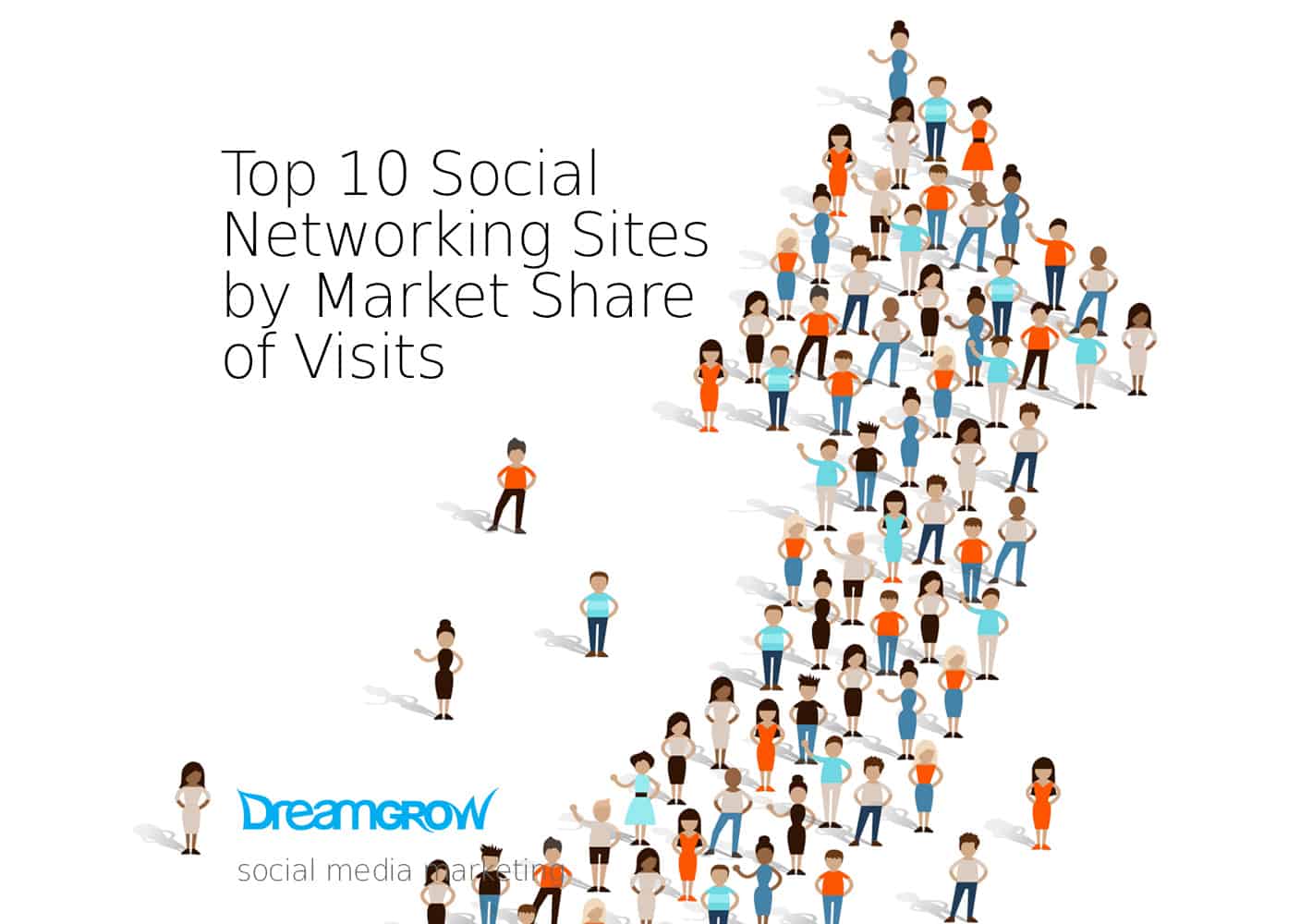Brian Solis is known to most of our readers and his blog is one of the most influential marketing blogs in the world. He is on the forefront of social business, marketing, publishing, and culture. When his book, The End of Business as Usual, come out I asked if he could answer some questions for our readers. Brian gladly agreed.
What are the key takeaways of The End of Business as Usual?
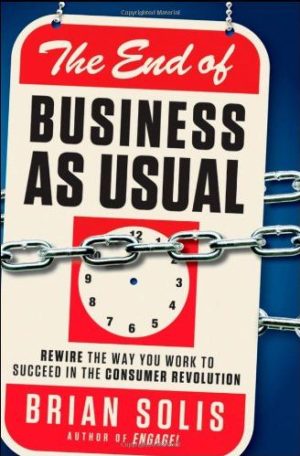
Many books to date have focused on helping businesses master social media. This was really the focus of my last book Engage. There comes a point however where the opportunity that social media presents falls short of executive expectations or understanding. The truth is that you can’t make the business case just because of social media. In fact social media is just part of the story. If you align social media, mobile, gaming, deals, geolocation, et al., with business priorities and corporate objectives, you will not have to wait for negative experiences to find you, you’ll be well on your way to shaping experiences based on the delivery of real world value against real world metrics of business.
This book tells the whole story of exactly how consumer behavior is changing and how to change the infrastructure of the business to adapt and ultimately lead the way.
It says “you play a role in defining it”, who should read this book?
Brian Solis: Good question. The word “you” was carefully chosen. Many readers are the very people that they as businesses professionals are trying to reach. As everyday people embrace new technology, their behavior evolves. How they find and share information, how they make decisions, how they influence and are influenced, requires not only understanding, but a new approach. This book tells their story and as people read along, they feel a sense of validation. The second half of the book is prescriptive. It provides instructions for how to recognize the effect of new consumerism and how to adapt as a result.
Will the big faceless corporations disappear or will they still exist in the background like utilities?
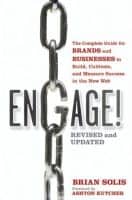
What book should we read before this one?
